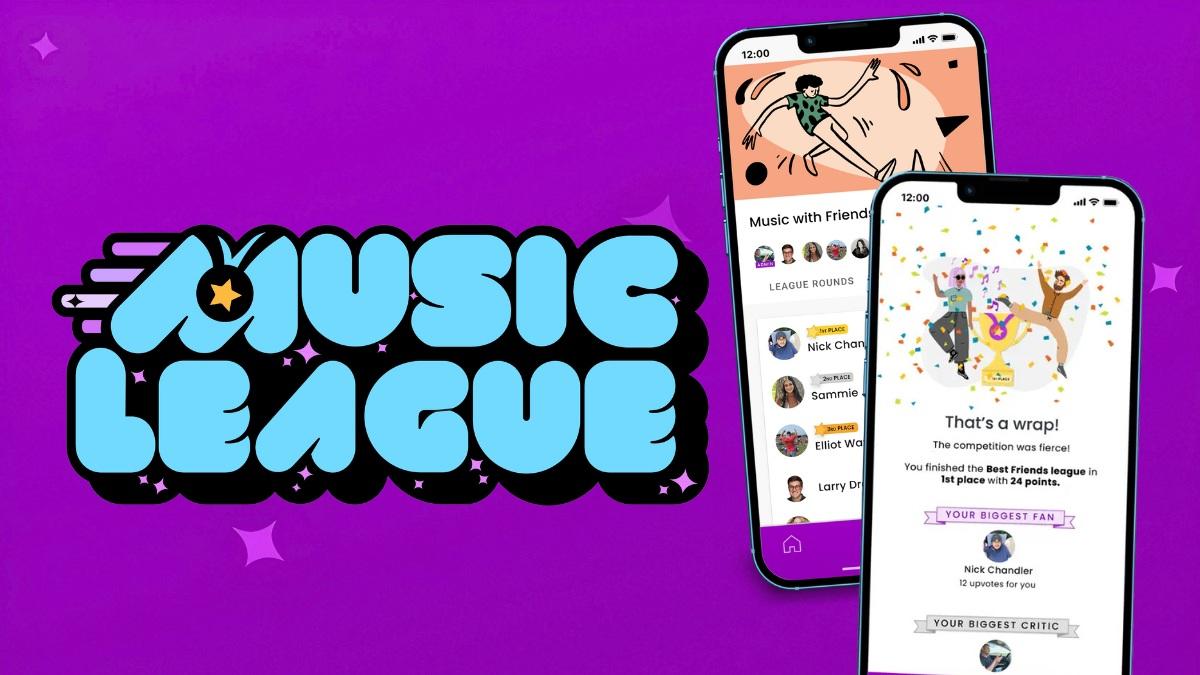Who needs an algorithm when you have friends with great music tastes?
Music streaming algorithms have a way of trapping users in bubbles, serving up more of what they already like. But a new social music discovery game called Music League is offering a refreshing alternative, making music discovery a shared experience once again.
This interactive game is an alternative to the repetitive suggestions of services like Spotify. It breaks the cycle of passive music recommendations with song submissions and voting for a collective and competitive music discovery.
What Is Music League?
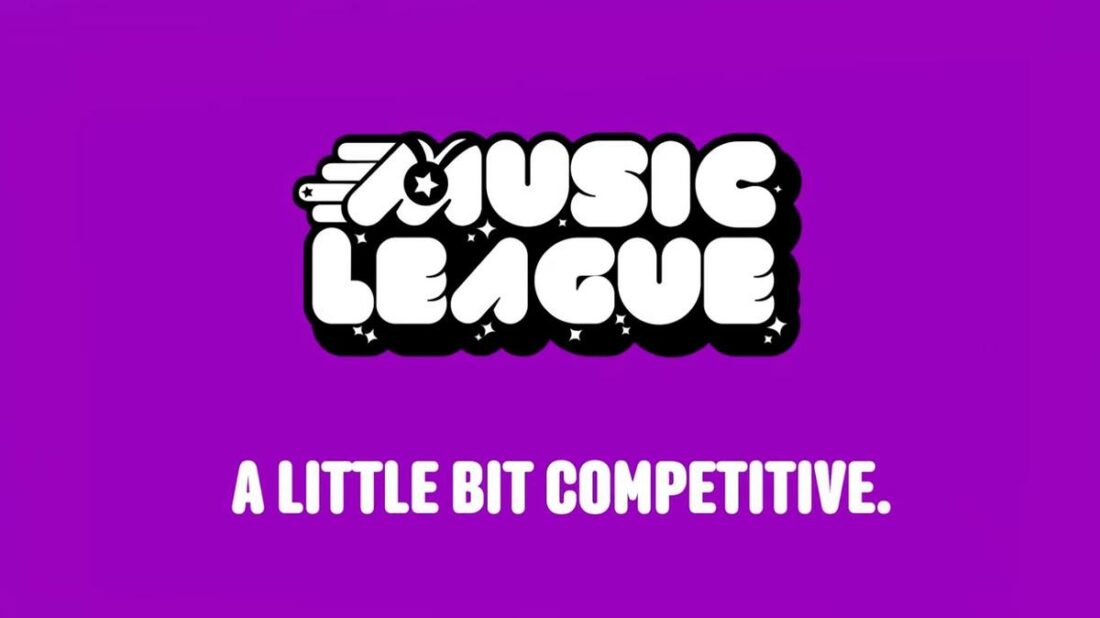
Music League is founded by Nathan Coleman, Matt Keller, and Eric West. It’s a game that allows friends to create themed playlists and vote on each other’s song choices. This shifts away from impersonal algorithm suggestions to a more engaging, user-driven interaction.
In Music League, players join leagues and submit songs that fit specific themes. They then discuss and vote on each other’s submissions, turning music discovery into a fun shared journey.
Basically, users are introduced to new songs through the choices of friends and fellow players, not an algorithm.
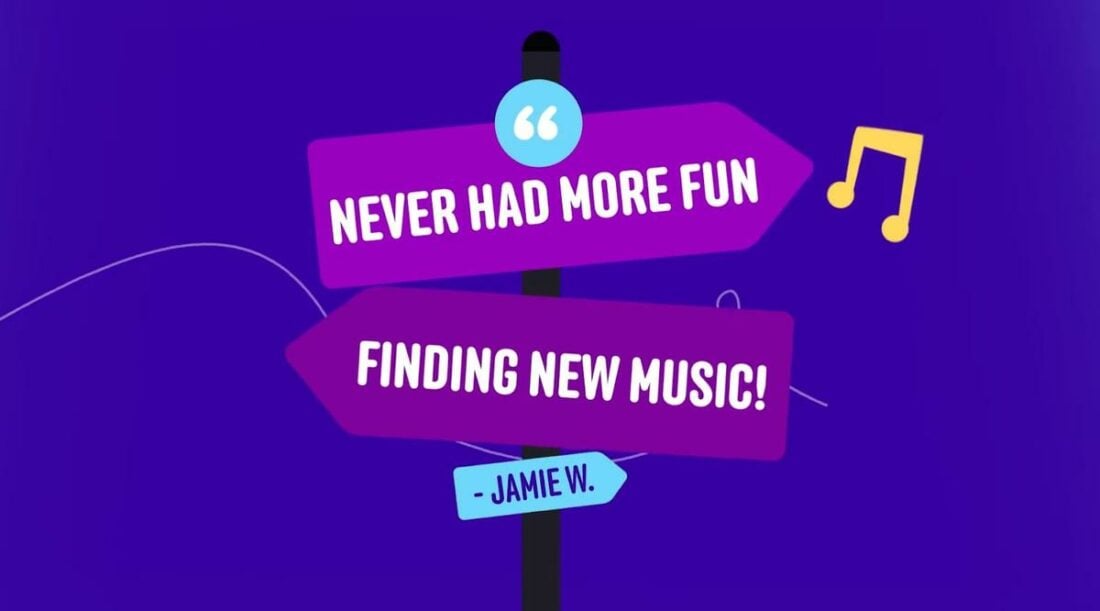
Plus, the ability to leave comments is a great way to turn a passive listening experience into an active exchange of musical insights, opinions, and humor. This enhances the community feeling within Music League while building a deeper understanding of the music and your friends’ tastes.
How Music League Works
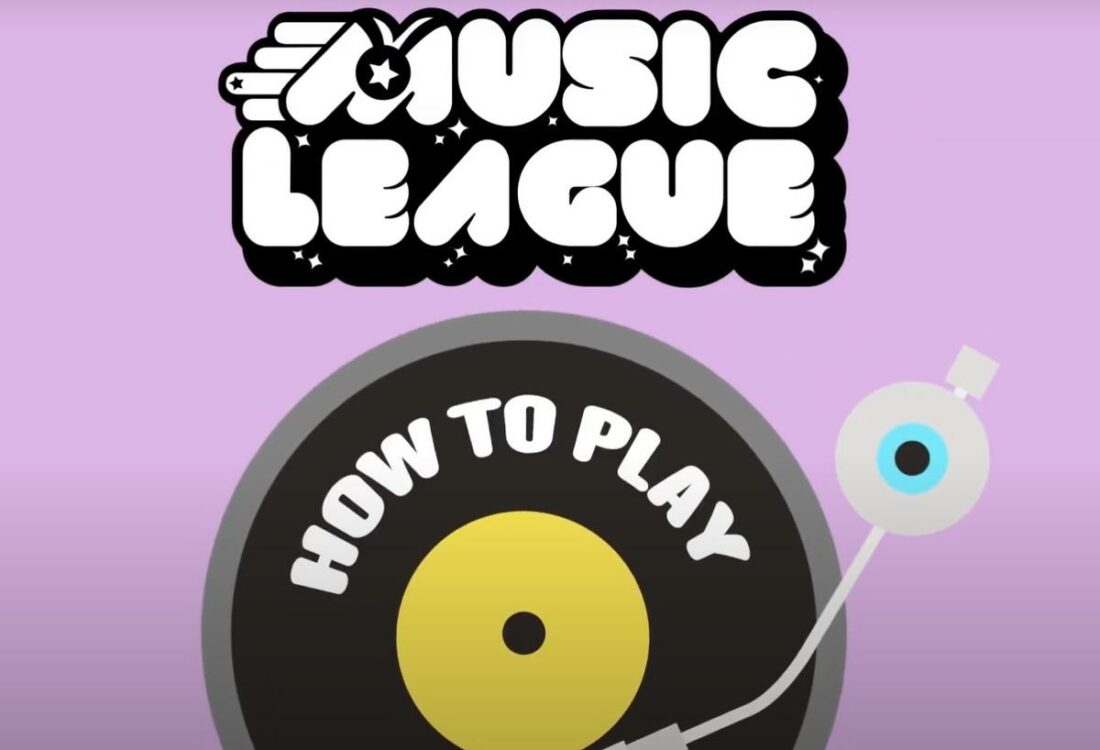
To begin, users sign up through their Spotify accounts (both free and paid users can participate) and join public or private leagues.
Each league has a set number of rounds, with each round having a specific musical theme, like “covers” or “I want your sax.” Choosing themes for rounds adds a fun, nostalgic element to the game, similar to making mixtapes for driving to high school.
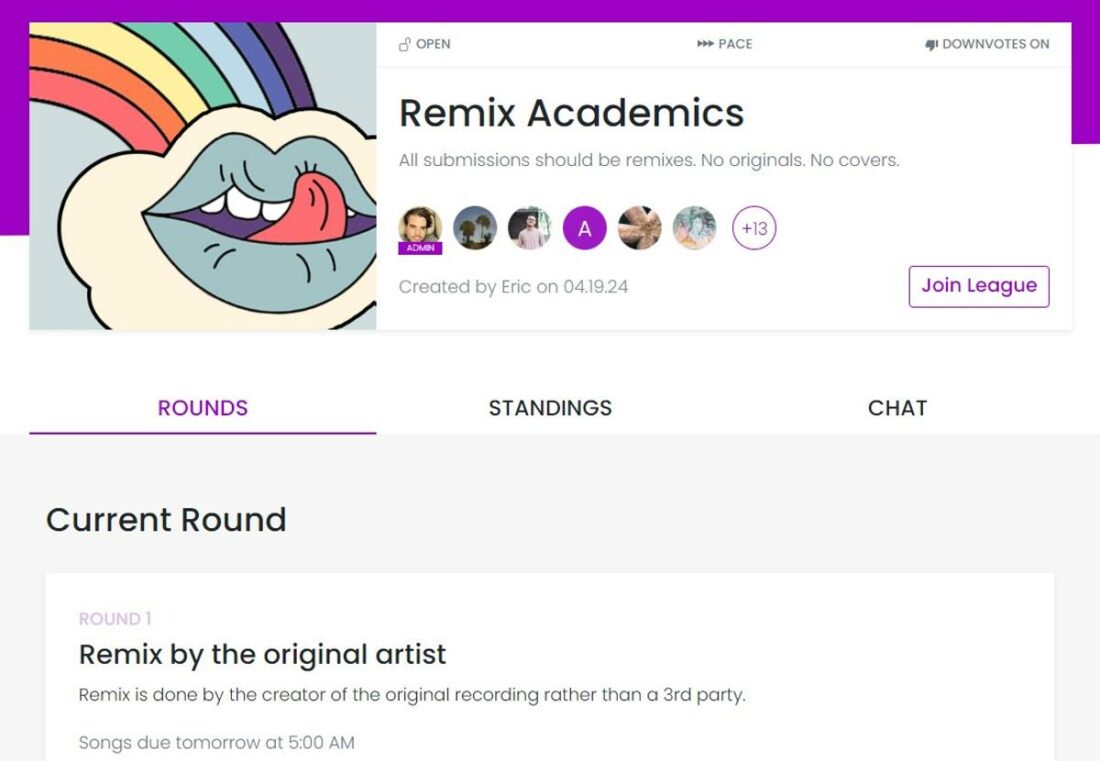
Once a league is set up, players can submit a song that fits the theme. Since Music League integrates with Spotify, users can easily search for songs. However, this means you need to have a Spotify account. Both free and paid Spotify users can participate, so no one is left out.
When all submissions are in, everyone receives a link to the playlist. After listening, users must then return to Music League to assign points and add comments.
If a player misses a song submission deadline, they can’t vote on the other songs that round, but they can still listen. Also, if a player misses a voting deadline, any points given to their song that round will be thrown out, unless the league administrator has turned on the ‘low stakes’ setting.
Voting concludes each round, with the results revealing who submitted which song and how everyone voted. Points are accumulated from round to round, building towards crowning a winner at the end of the league. This structure keeps the game competitive, fun, and engaging.
My Experience With Music League
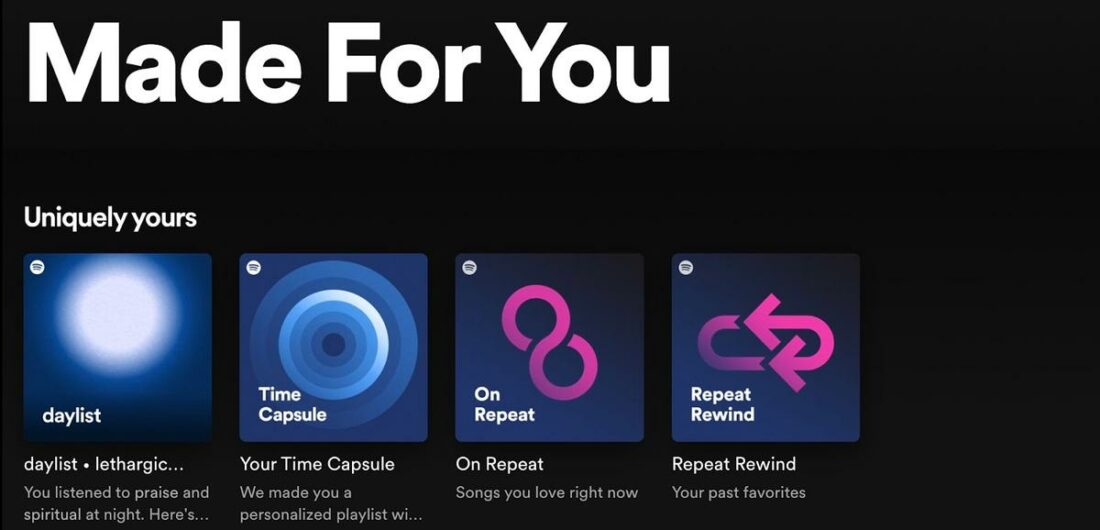
Music streaming services tend to limit listeners to a narrow range of music, basing suggestions on previous listening habits. For example, adding a Van Halen track might result in repeated suggestions from the same genre, restricting exposure to new artists.
But, unlike streaming services that rely on algorithms to suggest music, Music League encourages social discovery.
If you’re someone like me who enjoys exploring new music and likes a bit of competition, Music League could be a refreshing addition to your playlist. This game combines the excitement of competition with the pleasure of discovering new music, thanks to its social element that keeps it engaging.
When my friends and I started playing Music League, we added small prizes to make the competition more exciting. For example, the winner of each league can decide a dare for the person with the least votes.
Music League also gives us a fun way to both mock and appreciate each other’s musical tastes.

For instance, a funny moment happened when a friend, usually a heavy metal fan, chose “Barbie Girl” by Aqua during a “Guilty Pleasures” theme round. The surprise and his serious defense of its “catchy pop beats” made everyone laugh.
This song has since become a funny reference at our beach days or pool parties, adding a touch of pop to his otherwise grunge style.
Another great example was during the “Songs to Play at a Funeral” theme. I decided to mix things up by choosing “Ding Dong! The Witch is Dead” from The Wizard of Oz. Even though everyone was shocked at first, the irony of the choice soon had everyone laughing, showing a funnier approach to a usually sad theme.
Winning a round is exciting, but the real win is in finding songs that I didn’t know before. A friend’s surprising pick in the “Songs from Movies” theme introduced me to “Lux Aeterna” from Requiem for a Dream, which is now a regular in my playlist.
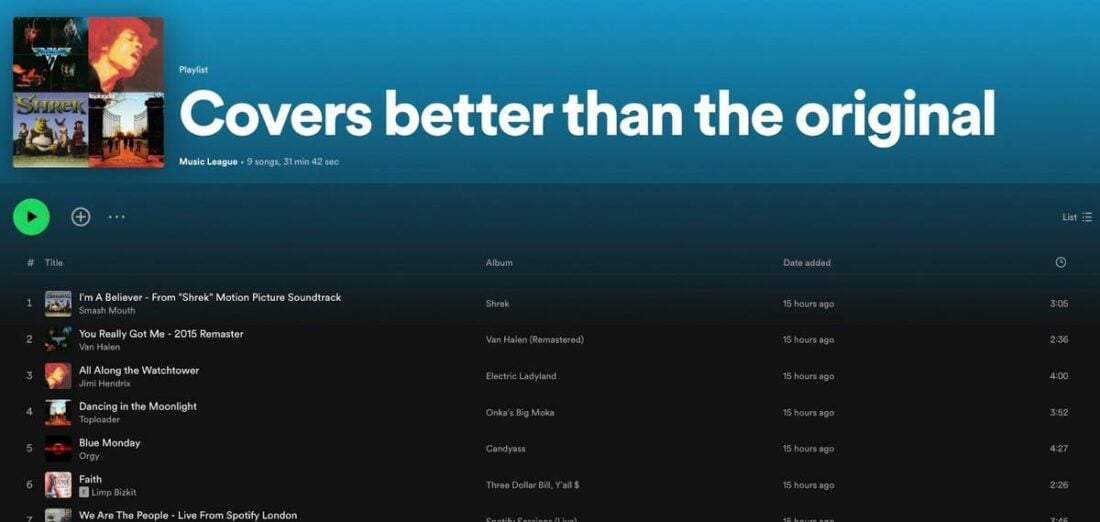
What makes Music League special isn’t just the game itself but how it turns listening into a fun exchange of musical tastes, trivia, and entertaining personal stories. It’s become a new way to connect with friends and find music outside the usual algorithm suggestions.
Whether you’re there for the fun, the music, or the joy of your friends’ daring song choices, Music League is definitely worth trying. Just be ready for anything in this game, as not everyone will like your music choices, and you might reveal more about yourself than you planned.
